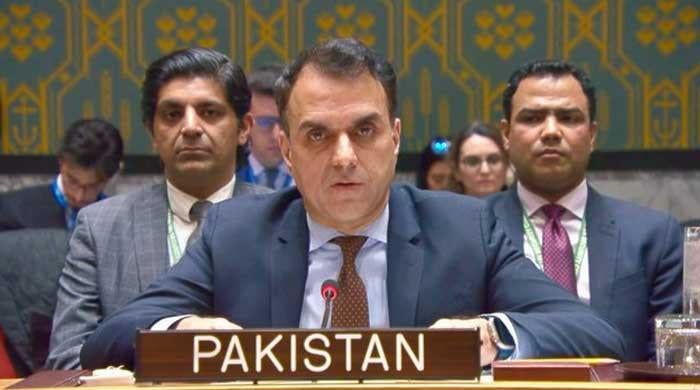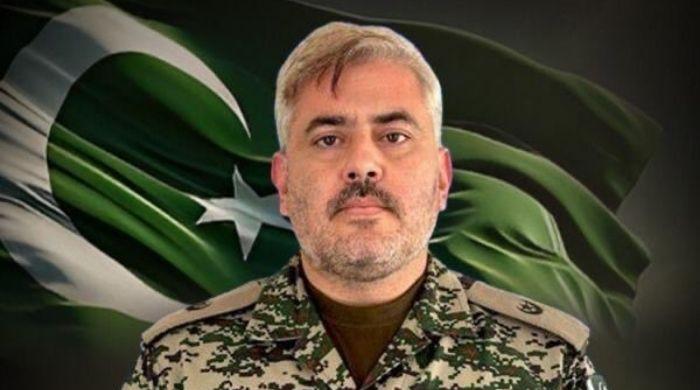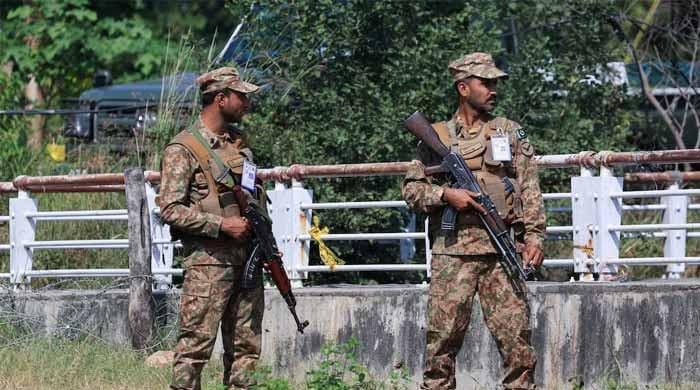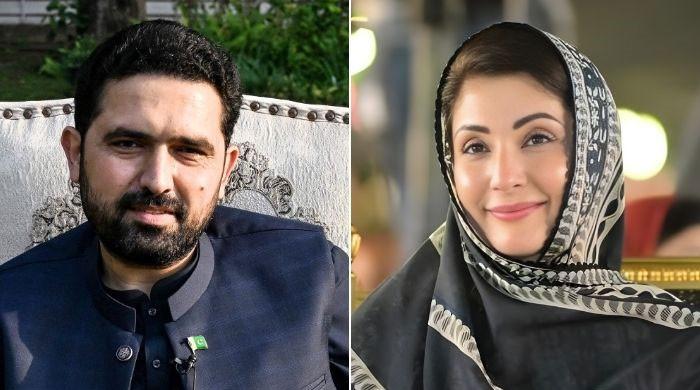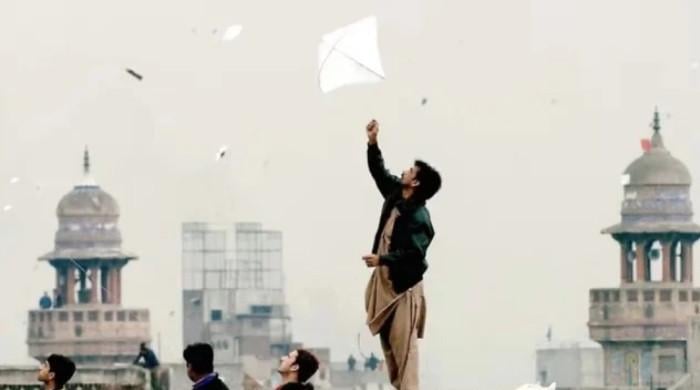Mansoor Ijaz submits testimony to memo commission
By Faisal Kamal PashaISLAMABAD: The central character of the memo controversy, Mansoor Ijaz, in his testimony before the three-member commission has submitted that "he maintains high-level political...
February 17, 2012
ISLAMABAD: The central character of the memo controversy, Mansoor Ijaz, in his testimony before the three-member commission has submitted that "he maintains high-level political and military/intelligence contacts in nearly two dozen countries around the world, but as far as Pakistan is concerned, he only have had interactions with President Asif Ali Zardari, DG ISI Ahmad Shuja Pasha, former DG ISI Gen Ehsanul Haq, former Prime Minister Shaukat Aziz," and he has described the former ambassador of Pakistan to the USA Husain Haqqani as a frank friend.
He submitted his testimony to the commission here on Thursday through his counsel Akram Sheikh. Mansoor Ijaz has described himself a back-channel communicator in the past, but now he has left that role though he said that he acted in this memogate controversy purely as a friend in his private capacity trying to assist Haqqani in communicating his message in ways that only he dictated, characterized and gave authority for, not in any way to be construed as diplomatic or official activity.
In his statement, Mansoor Ijaz said that he reserves the right to amend this statement at a future date once forensic examination of his electronic BlackBerry device is complete. There are certain messages (PIN, SMS etc) that may be archived in backup volumes that he has not seen any of those messages since June 2011.
Ijaz has also requested the commission to record his in-camera statement about some of the issues the disclosures of which he consider not appropriate for this statement that can be viewed by others.
Describing his contact with Husain Haqqani, Mansoor Ijaz said that over the past decade, he maintained regular contact with Haqqani through e-mail, BlackBerry chat exchanges, SMS, in-person meetings and telephonic discussions. He said that Haqqani was helpful and supportive in other important matters, including speaking at one of my charity's annual fundraising dinners in June 2009.
In his opening statement, Mansoor Ijaz has expressed his loyalties for his country USA and said that his only relation to Pakistan is that it was the birthplace of his parents. Explaining that why Husain Haqqani chose him to deliver a memorandum to the admiral Michael Mullen, Ijaz said that Haqqani was apprehended that it could come into the knowledge of ISI officials. Haqqani had told Ijaz that in his official position, it was impossible to get such a message to the Americans without risking the possibility of detection by the ISI or the military officers he had around him at the embassy in DC.
Mansoor Ijaz has also submitted Haqqani's PIN numbers through which the messages were exchanged. Ijaz has submitted the entire discussion taken place between him and Haqqani through BlackBerry messengers, emails, telephone call records and through PIN messages.
Giving details about the telephonic discussions with Husain Haqqani, when he (Ijaz) was drafting the memo at the time of Haqqani's stay at London, Mansoor Ijaz said that Haqqani was satisfied with the work and informed him about the results of the meeting with Mullen. Haqqani said that a "call will go out from Washington to Pindi tonight." And that he was satisfied the intervention had worked. We clarified the M remark in my BBMs, he thanked me and the call ended.
Giving a rational for disclosing the memo in the press, Ijaz said confusion created by the media after his article published, forced him to write the oped under no external impetus.
"I state for the record that my sole motivation in writing the Oct 10th FT article was to enunciate a policy prescription I believed was in the best national security interests of the United States about how best to deal with Directorate S of Pakistan's Inter-Services Intelligence. The impetus for the article, which I drafted, the first thoughts for on September 24, 2011, arose from testimony offered by Adm Mullen in his final appearance before the Senate Armed Services Committee in which he called the Haqqani network of terrorists a "veritable arm" of the ISI, among other very strong comments. The reaction in Pakistan's media to Adm Mullen's statement was immediate, and as it has been in my case under the glare of the Mullen Memorandum controversy, was shrill and unabashed in lambasting a high-ranking military officer of the United States who served our country honourably for 43 years. While Adm Mullen needed no defence from my writings, I felt it was important for US policymakers to know that an effort which involved Adm Mullen himself back in May had been made to reign in Directorate S of ISI, and it so happened that to source this material for my opinion piece, I referenced the memorandum as the "peg"- as it is called in journalism-to base my opinions on."
Giving an account of his meeting with the DG ISI Gen Pasha, Ijaz has said, "In my recollection, Gen Pasha read the Memorandum in about three or four minutes, demonstrated surprise and dismay -at times disgust and disappointment-over the content of the document. He did not ask a single question about the content of the document other than if I was willing to divulge the names of the others, besides Haqqani that he had told me were to be part of the new national security team. I did so with the caveat that I did not believe either Karamat or Durrani knew anything about the plan to deliver the Memorandum, the contents of the memorandum or the mindset of Haqqani and those behind him in dreaming up the scheme.
Ijaz has further stated that "contrary to the media reports, at no time did Gen Pasha try to send a BBM message to Haqqani from my handset. He recorded the PIN numbers that I had for Haqqani, both the old one and the new one -Haqqani did not yet have the third PIN at that time that he would ultimately obtain. Gen Pasha did ask to see how I stored e-mail addresses and to see the ones I had for Haqqani- one from his private university mailbox (Boston Univ) and one for official use at the embassy in Washington."
Ijaz has given all the account of his exchange of BBM with Husain Haqqani after his article was published in Financial Times on October 28, 2011.




